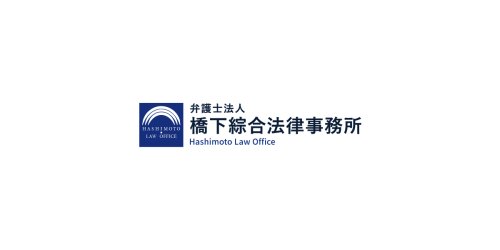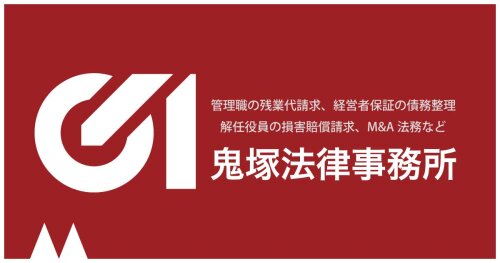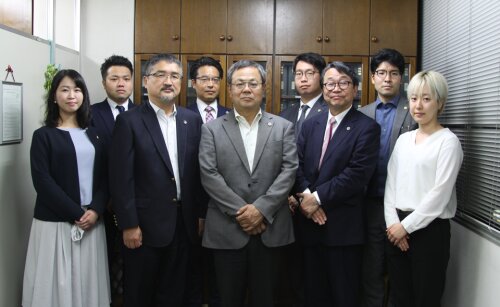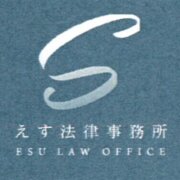Best Hiring & Firing Lawyers in Japan
Share your needs with us, get contacted by law firms.
Free. Takes 2 min.
Or refine your search by selecting a city:
List of the best lawyers in Japan
About Hiring & Firing Law in Japan
In Japan, employment practices are profoundly influenced by a mix of traditional norms and statutory regulations. The country's employment landscape is characterized by a strong emphasis on job security and employee welfare. Employers in Japan must navigate complex labor laws that prioritize fair labor practices and protect employees against unjust dismissal. The Labor Standards Act, Labor Contracts Act, and other pertinent laws form the backbone of employment relations, ensuring that both hiring and firing processes are conducted legally and ethically.
Why You May Need a Lawyer
Seeking legal advice in the field of hiring and firing in Japan can be crucial for several reasons. Employers might require guidance to ensure compliance with complex legal requirements, avoiding potential disputes or costly litigation. Employees, on the other hand, may need legal assistance if they feel they have been wrongfully terminated or if their employment rights have been violated. Other scenarios include negotiating employment contracts, handling cases of workplace harassment, and navigating redundancy or dismissal processes.
Local Laws Overview
Japan has a comprehensive legal framework regulating employment practices. Key aspects include:
- Labor Contracts Act: This Act governs the formation and termination of employment contracts. It emphasizes mutual agreement and fair process.
- Labor Standards Act: This legislation sets the baseline for working conditions in Japan, including working hours, holidays, and minimum wage.
- Dismissal Restrictions: Employers cannot dismiss employees without just cause. The concept of "abuse of the right to dismiss" is recognized, meaning that dismissals must be reasonable and based on legitimate grounds.
- Procedural Requirements: Specific procedures and formal notices must be observed when terminating an employee. Failure to comply can lead to claims for wrongful dismissal.
- Equal Employment Opportunity: Discrimination based on race, gender, age, or other protected characteristics is prohibited.
Frequently Asked Questions
What is considered fair grounds for dismissal in Japan?
Fair grounds can include misconduct, lack of competence, and economic necessity, among others. Each case is typically assessed individually to determine fairness.
Are there any restrictions on hiring foreign employees in Japan?
Yes, hiring foreign employees requires adherence to specific immigration laws and obtaining the necessary visas and work permits.
What are the typical notice periods required for termination?
The standard notice period is 30 days. Employers can choose to provide pay in lieu of notice.
Can an employee be dismissed without notice?
Dismissal without notice is only permissible in cases of gross misconduct or other serious factors, but is typically subject to stringent legal scrutiny.
What are the rules regarding probationary periods?
Probationary periods are common, but employees are protected and cannot be dismissed arbitrarily during this time without following set procedures.
How can discrimination be challenged in the workplace?
Discriminated employees can file a complaint with the Labor Standards Inspection Office or lodge a legal claim for damages.
What are the obligations of an employer during redundancy processes?
Employers must demonstrate genuine business reasons, consult with employees, and consider alternative measures before proceeding with redundancies.
Is a written employment contract required by law?
While not mandatory, written contracts are highly recommended to avoid disputes and protect both parties’ interests.
What steps should be taken if an employee feels wrongfully dismissed?
Consulting a lawyer, gathering evidence, and potentially filing a claim with labor authorities or courts for wrongful dismissal are advisable steps.
How are collective dismissals handled?
Employers must negotiate with employee representatives and attempt to reach an understanding before proceeding with collective dismissals.
Additional Resources
For more information and assistance, consider reaching out to the following resources:
- Japan's Ministry of Health, Labour and Welfare: Provides guidelines and resources on labor laws.
- Local Labor Standards Inspection Offices: Offer support for resolving labor disputes and compliance issues.
- Immigration Services Agency of Japan: For guidance on hiring foreign nationals.
- Japan Pension Service: For information on social insurance and employee welfare.
Next Steps
If you need legal assistance in hiring and firing matters, consider the following steps:
- Consult with a lawyer specializing in employment law to analyze your specific situation and provide expert advice.
- Gather all relevant documents and evidence related to your case or query for a comprehensive consultation.
- Engage with employee representatives or unions for support and guidance, where applicable.
- Understand your rights and obligations fully to ensure compliance and protect your interests.
Lawzana helps you find the best lawyers and law firms in Japan through a curated and pre-screened list of qualified legal professionals. Our platform offers rankings and detailed profiles of attorneys and law firms, allowing you to compare based on practice areas, including Hiring & Firing, experience, and client feedback.
Each profile includes a description of the firm's areas of practice, client reviews, team members and partners, year of establishment, spoken languages, office locations, contact information, social media presence, and any published articles or resources. Most firms on our platform speak English and are experienced in both local and international legal matters.
Get a quote from top-rated law firms in Japan — quickly, securely, and without unnecessary hassle.
Disclaimer:
The information provided on this page is for general informational purposes only and does not constitute legal advice. While we strive to ensure the accuracy and relevance of the content, legal information may change over time, and interpretations of the law can vary. You should always consult with a qualified legal professional for advice specific to your situation.
We disclaim all liability for actions taken or not taken based on the content of this page. If you believe any information is incorrect or outdated, please contact us, and we will review and update it where appropriate.
Browse hiring & firing law firms by city in Japan
Refine your search by selecting a city.
















